Album: Craig Fortnam - Ark


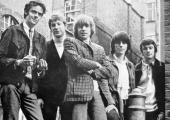
Instability coursed through the Yardbirds in 1966. When their first studio album Yardbirds was issued in July, the band seen on stage was not the one which had made the album. Bassist and in-house producer Paul Samwell-Smith had left between its recording and release. His replacement was session player Jimmy Page. In time, Page switched to guitar to play alongside Jeff Beck, and guitarist Chris Dreja moved to bass. Next, Beck was off and the new four-piece Yardbirds had one guitarist: Jimmy Page.
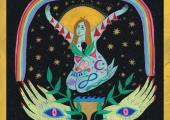
Emma-Jean Thackray is not lacking in audaciousness. This is, after all, a white woman from Leeds barely into her thirties, raised on bassline house and indie rock, making music whose most obvious comparisons are with some of the most revered (in the most literal sense) black musicians in modern history: Fela Kuti, Sun Ra, Alice Coltrane, Stevie Wonder, J Dilla and more.
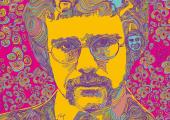
Empty Sky, Elton John’s first album was released in June 1969. Now, an album titled Regimental Sgt. Zippo has turned up. It’s marketed as “The debut album that never was.” The 12 tracks are annotated loosely as having been recorded from November 1967 to May 1968.
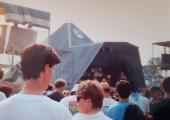
There is never one Glastonbury Festival. There are as many Glastonbury Festivals as there are people who attend. Thus it ever was, even back in 1992 when the capacity was only 70,000 (plus multitudinous fence-jumpers!). What follows, then, is a cross section of memories, from bands, performers, journalists, rave crews, and those behind the scenes.
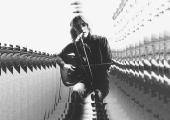
Dungen’s October 2005 appearance on Late Night With Conan O'Brien was incongruous. Here was a Swedish band on an independent label, singing in their native language, playing live on coast-to-coast mainstream US TV. The show’s host making a great play in his intro of trying to pronounce their name compounded the sense that this was a band of outsiders which had been mistakenly invited to the banquet.
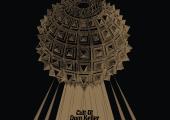
While so many bands of a psychedelic bent treat the genre as if it has been pickled in aspic since the swinging sixties of London and San Francisco or maybe the motorik sounds of mid-70s West Germany, the Cult of Dom Keller don’t give any impression of being hemmed in by such self-imposed and heritage-worshipping rules.
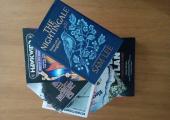
It won’t be long now before concert halls and back rooms, arts centres and festival grounds fill with people again, and live music, undistanced, unmasked, and in your face, comes back to us. In expectation of this gradual reopening of the stage doors of perception, this round-up of recent, new and forthcoming music books surveys an artist roster disparate enough to grace the finest of festival bills.
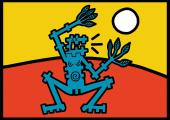
The career of Raf Rundell has had one of the most satisfying trajectories of any in UK music – a steady process of self-realisation, from record label staff via DJing and artist management, through being a serial studio collaborator, to becoming a fully fledged artist in his own right. For a musician to only now, in his late 40s, be releasing his second full album might seem odd, but there’s something very natural about the way it’s all happened, which is expressed in the confidence of his sound which only continues to mature like fine wine.
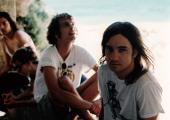
Heard now, InnerSpeaker sounds as it did when it was issued in 2010. Tame Impala’s debut album was crisp, fizzing; a pithy collection of psychedelic rock nuggets which made its case instantly. This was modern psychedelia, infused with a dash of Sweden’s Dungen, which still sounds fresh. Despite brushing the borders of freak-out territory, it was direct. Tuneful too. Fantastic.